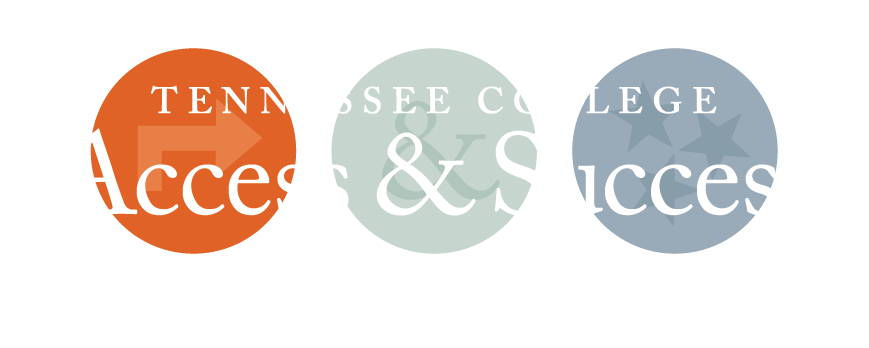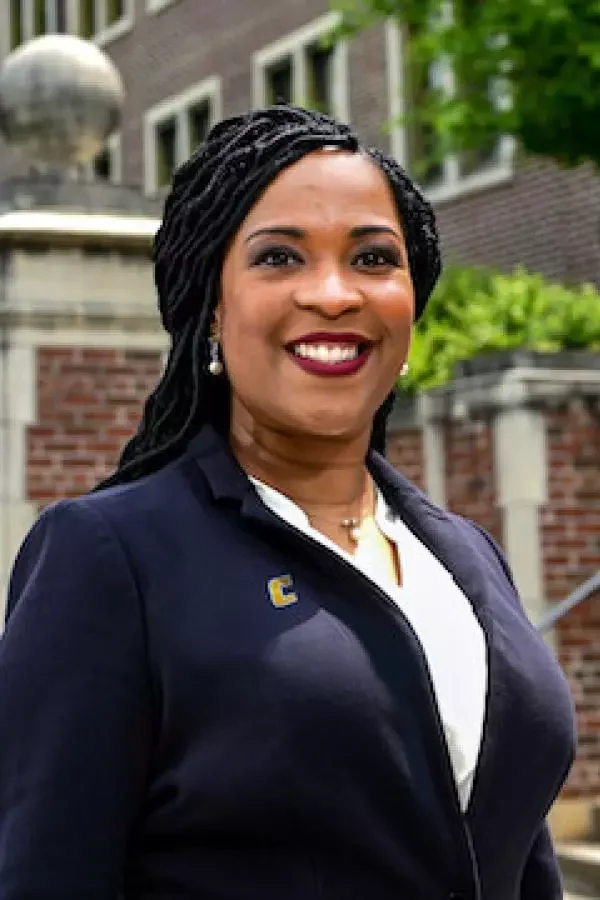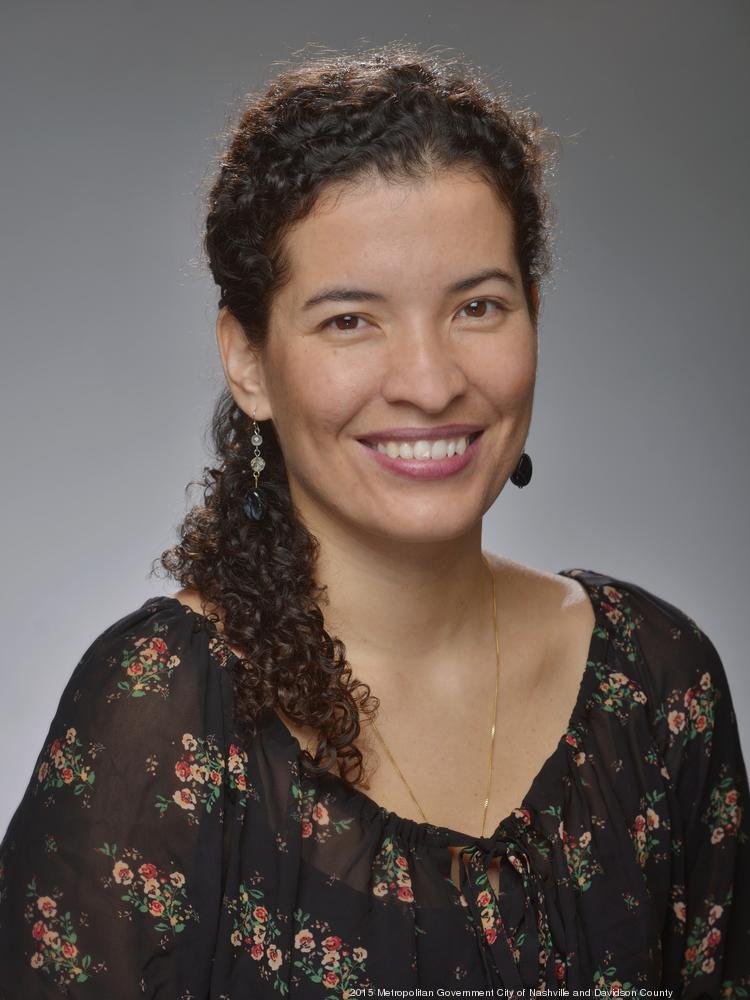“It’s care. It’s support. It’s knowing that you are not just kind of on your own.” – Shane, Flex student
Like community colleges nationally, more than half of Nashville State Community College’s student body enroll part-time (56%). Part-time students face different financial, social and academic challenges than traditional students. Colleges face unique challenges engaging part-time students to help them persist and succeed to degree completion. Part-time students have much to offer to their communities, and higher education policies (federal, state, and institutional) need to pivot to address their needs if they are to succeed.
Coming from all walks of life, and despite their experiences and skill sets, part-time students are traditionally overlooked. Unlike full-time students who are seen as the fuel of college budgeting, recruitment, retention, and completion efforts – these efforts tend to focus on part-time students more as an afterthought – part-time students can be invisible since they pay less tuition and spend less time on campus. State policies and programs are often designed with the full-time student in mind, overlooking the part-time student. Scholarships, including “Promise” scholarships, often require students to be full-time.
Like most other states, Tennessee’s last-dollar promise scholarship known as the TN Promise Scholarship, is limited to students who enroll full-time. Recognizing these and other barriers, The TN College Access and Success Network (TCASN), Nashville State, the Nashville Area Chamber of Commerce, Vanderbilt University’s Peabody College, and Kresge Foundation for Education made the decision to focus on the success of part-time students with a demonstration project called Nashville Flex.
“Part-time students have the same affordability issues, and academic issues, as any other student. In fact, probably more so. They are often trying to balance a job, family, kids, and college all at once. Since COVID, there has been a dramatic shift in college-going and we believe the future of postsecondary education will require a pivot to better serving the part-time student,” said Bob Obrohta, executive director of TCASN.
“Nashville State is focused on being a student ready college. A critical piece is understanding what supports our students need to succeed,” said Dr. Shanna L. Jackson, president of Nashville State. “Like Nashville GRAD, Flex provides wrap-around services, helping remove financial barriers and providing social and emotional support to our part-time students as they persist and graduate.”
Flex is modeled after the successful Nashville GRAD program. GRAD students’ 2-year graduation rate is nearly double that of other NSCC students, and GRAD students persist (84.5% vs. 68.5%) and are retained (57% vs. 45%) at higher rates than TN Promise students.
“Nashville GRAD and Flex students frequently describe their interactions with program advisers as key to their success in college,” said Dr. Carolyn Heinrich, Patricia and Rodes Hart Professor of Public Policy, Education and Economics in the Peabody College of Education and Human Development at Vanderbilt University. “They greatly appreciate the connections their advisers help them to make with financial supports that allow them to devote more time to their studies and with social workers and other services that help to ease their stress and support their social and emotional well-being.”
As part of Nashville Flex, part-time students receive: $150 per semester for textbooks, $100 monthly for transit and/or food, a loaner laptop, a strong peer network, and a dedicated advisor who provides mentoring and support. Flex students can also request emergency funds to help support them when unexpected financial challenges arise – such as car repairs or medical bills.
Flex soft-launched in January with 11 students. With full implementation beginning this fall semester, the roster for the demonstration project has grown to 52 students.
“My students are so resilient,” said Lindsay Hager, manager of peer mentoring and Flex student success advisor. “They are fighting so much, and yet they still prioritize their education. They prioritize it because they know it will better their future, no matter how hard it is right now.”
Hager knows her role is crucial in the success of her students. “The mental health aspect of knowing you have someone you can trust and count on is key. Flex students know they can come to me with their problems, and I will help them troubleshoot them and find the right resource, if needed.”
Kyle, a Nashville Flex student, returned to college after a multi-year break to study nursing. He shared his worries about the transition back, “It was scary. I mean, I didn’t really know what to expect.” Kyle works full-time in a public service role so he can only take three classes a semester. Being connected to a success advisor has helped him feel more confident, “And so having somebody that would, like, walk alongside me, throughout the whole thing is definitely comforting.”
Antoinette, a Nashville Flex student, shared that her success advisor has played a huge role in supporting her during her first semester. She decided to pursue her college degree after a period of long-term incarceration and explained that going to college has been “overwhelming.” She currently works 30+ hours per week as a manager at a local business.
“I’m still always either on the phone or text to [advisor’s name], because she’s a lifesaver.” After experiencing an emergency while enrolled, Antoinette shared that her advisor stepped up to assist her in completing tasks that enabled her to stay enrolled the following semester: “She registered me for this semester and next semester. I mean... she just did everything that I couldn’t mentally do... She really put my mind at ease,” she said.
The financial supports provided through Flex help keep students from feeling forced to choose between employment or postsecondary. “The $100 a month is huge to these students,” says Hager.
Kyle explained that Flex’s financial supports enable him to work less overtime, focus on his schoolwork, spend more time with his family, and achieve his degree goals. “I’m working full time and some overtime. But even working full time isn’t really covering all of the bills, with everything being so high right now... I think if I wasn’t in the Flex program, I would probably have to sign up for another one or two shifts,” he said.
Shane, another Nashville Flex student, shared how the financial support has allowed her focus on her classes rather than work. “I can work 8 hours less this week and still be able to get groceries. It really, really does give you this sense of comfort and this level of ‘things are going to be okay,’” she said.
In addition to the supports provided to Nashville State part-time students, Flex works in the Nashville Promise Zone neighborhoods to increase the number of students enrolling and re-engaging in higher education. More than half of households in Nashville Promise Zone neighborhoods report zero income, and residents have the city’s lowest postsecondary education levels (28% have a degree), making upward mobility, affordable housing and employment more difficult to obtain. Flex has trained more than 100 community members as Reconnect Ambassadors. Reconnect Ambassadors are trusted individuals who live within the targeted communities who can help connect potential students to the individuals and resources they need to succeed at Nashville State and other college campuses.
“Working adults face numerous barriers in their journey to gain upward economic mobility. The support of employers and community members is a critical component to successfully completing postsecondary education. That’s why we train community organizations and employers to serve as Reconnect Ambassadors,” said Stephanie Coleman, Chief Talent Development Officer at the Nashville Area Chamber of Commerce. “Reconnect Ambassadors inspire employees and adults in their community to upskill or reskill to further their career opportunities. Ambassadors have the information needed to connect people to resources and navigation support that will allow them to successfully enroll, persist, and complete a degree or credential.”
Nashville Flex is funded through The Kresge Foundation’s CoPro2.0, short for College Promise 2.0. CoPro2.0 funds research and programming innovations that help to scale and improve the next generations of equitable, financially sustainable College Promise programs, or “free college” programs, working with community colleges across the United States.
To learn more about Nashville Flex, please visit: https://www.nscc.edu/admissions/nashville-flex.
To learn about becoming a Reconnect Ambassador, please email Shohreh Daraei – sdaraei@nashvillechamber.com.







